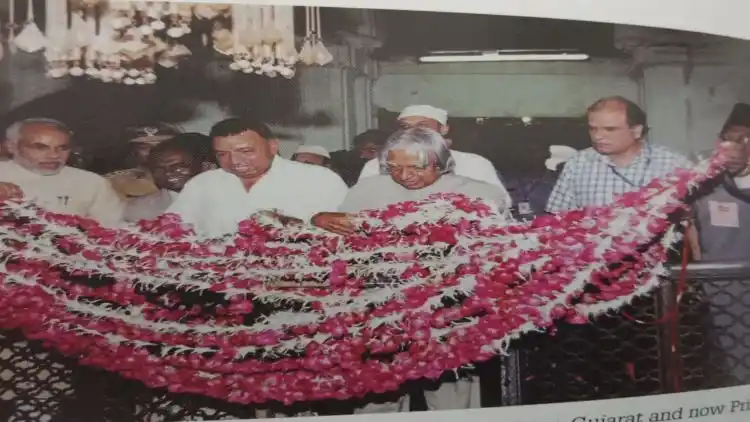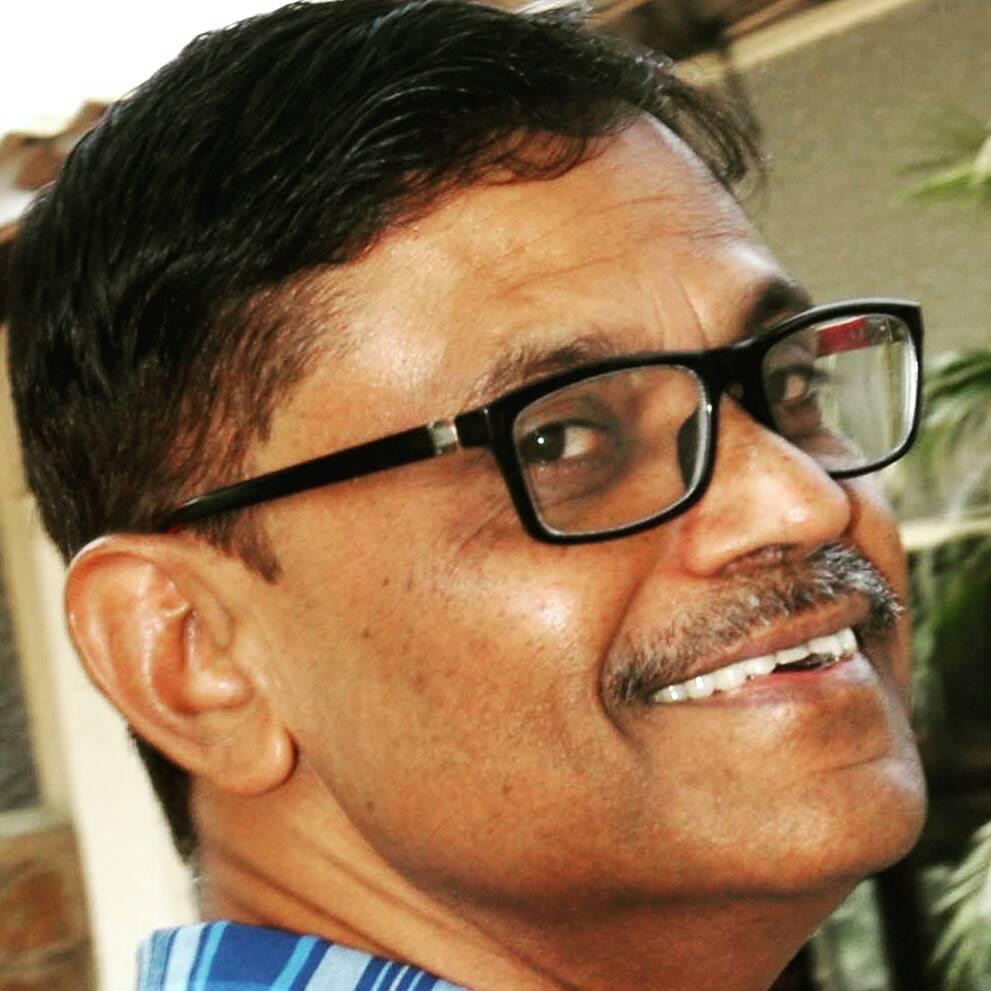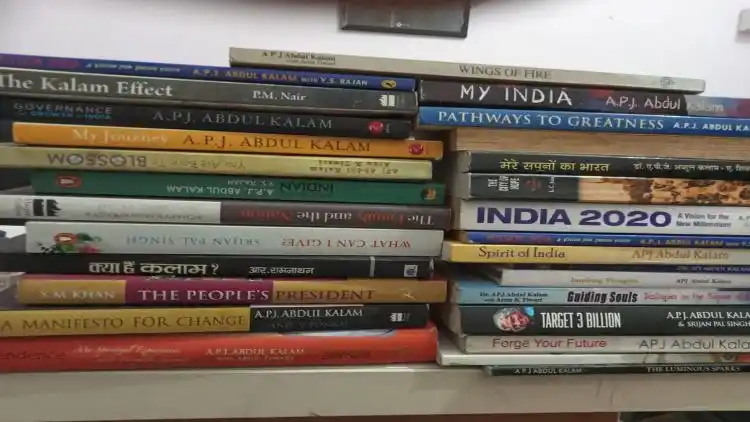
 Malick Asghar Hashmi/New Delhi
Malick Asghar Hashmi/New Delhi
One aspect of the life of the People’ President, India’s Missile Man APJ Abdul Kalam that nobody talks about is his religious beliefs. This is probably because in public perception a scientist is a rational and open-minded person and probably he is not even religious; some think of them as atheists or unrighteous.
During one of my journalistic assignments, I was witness to President Kalam’s inclination to his religion. The President had come to hand over the colours to the National Security Guard at Manesar, Gurugram, Haryana.
It happened to be the first fast of Ramazan and he was fasting. I noticed he not even touching the glass of water that was placed on the table in front of him. I quietly spoke with one of his aides, who was standing among the audience and he told me the President didn’t touch the water because he is fasting during the holy month.
Kalam also used to host Iftar at Rashtrapati Bhavan and pay for it from his money.
He was as serious about developing an indigenous missile as he was about Islam and Hadith. He had a deep understanding of both and would quote from religious text often.
APJ Abdul Kalam has co-authored a book with Arun Tiwari on the life of Narayanswarupdas Swamy- whose disciples have made Akshardham chain of temples in India – Transcendence. In this book, he has mentioned many verses of the Quran to further his argument about Islam and other religions.

Author's collection of books on life of APJ Abdul Kalam
SM Khan, who served as an Information officer in Rashtrapati Bhawan during Kalam’s tenure, in his book The People's President has published many pictures showing Kalam’s visit to mosques for Friday prayers. The most striking one is a picture of him coming to Delhi's Fatehpuri Masjid for Friday prayers.
In the book, a picture shows Kalam offering chadar at the dargah of Sufi saint Sheikh Ahmed in Ahmedabad and talking to Syedna Burhanuddin, the spiritual teacher of Dawood Bohra Muslims.
When Kalam came to Delhi from Chennai for the first time to appear for an interview to become a pilot, he has mentioned many anecdotes of that visit in his book Wings of Fire. In his account of Delhi, he describes Delhi as 'the city of Hazrat Nizamuddin'.
Acharya Mahapragya and APJ Abdul Kalam have together authored a book The Family and the Nation. In this book, there is a special mention of Namaz and its spirituality on page number 122. Similarly, Kalam has mentioned Islam, Tawheed and Quran in detail in the first chapter of his other book You Are Born to Blossom - The Wooing of Grain and Clay.
PM Nair, who was Kalam's secretary, has also written a book on him called The Kalam Effect, in which he has been described as a religious person.
Kalam however kept religion very personal. He is a Muslim and performs fasting, namaz like ordinary Muslims but never makes an exhibition to show it to others.
It may be recalled that Kalam started his education from a madrasa in his native city Rameswaram, Tamil Nadu.
His father was the imam of the mosque there. Kalam had studied the Quran in his childhood. The proof of his immense faith in God is found on page number 49 of his book Wings of Fire. He writes, “I have always been a religious person with the sense that I maintain a working partnership with God.”
In one of his books, he writes that whenever he couldn’t find a solution to a problem, he would get it during the prayer of Fajr.
It’s beyond the capacity of the common man to dully understand Kalam. After reading 27 books written on him, I have concluded that Quran and Hadith had a deep influence on his life.
Kalam writes about an incident in his book Turning Point. After his father was elected the sarpanch of the village, some unknown person came to his house and handed over a gift to him.
His father was not present at home at that time and when he returned, Kalam handed over the gift to him. He got very angry. Quoting a hadith, he gave strict advice not to 'abuse the position'.
Kalam learnt the lesson and that stayed with him all through his life. At the end of his term and his death, his net possessions were a few thousand books and a few pairs of clothes.
Kalam sahib was very close to Acharyas and Sufi-saints. He mentions the names of many saints, mystics and priests of South India, Gujarat, Delhi, Rajasthan, UP in his books. He had read a lot about the Sufi saint Rumi. His father was also very close to the head priest of the Rameshwaram temple and the pastor of the church there.
